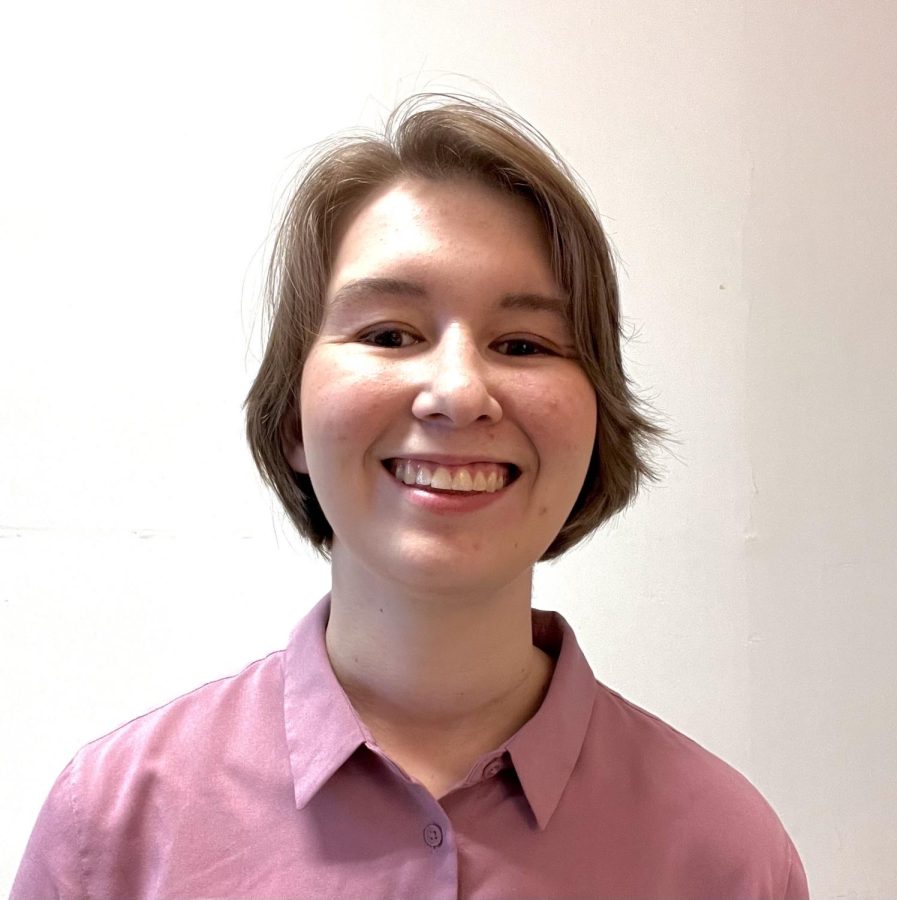Fordham Junior Researches Famous Blues Singer
Lillian Gieseke, FCRH ’23, a history major, who is minoring in both women, gender and sexuality studies and peace and justice studies, is currently researching the famed Prohibition-era blues singer, Gladys Bentley.
Gieseke is currently writing a paper on Bentley’s life. “She was openly a lesbian at the time, and one of the things of her performance is that she would wear a three-piece suit, and a top hat, and she would have a cane, and she would sing raunchy versions of popular songs.” Bentley was able to attain fame through these aspects of her performance because during the Prohibition era, while alcohol was illegal, many people turned to other illegal activities as forms of outlets, and became much more socially liberal. However, once Prohibition ended and McCarthyism and the Great Depression took hold over America, Bentley’s performance became much less accepted and she could no longer be openly queer. “She ended up publishing this article called ‘I Am Woman Again’ in the Ebony Magazine about how she went to conversion therapy and now she was straight … to save her career,” Gieseke said.
Gieseke initially became interested in Bentley’s life when she came across her name while doing other research for her role within Fordham’s Pride Club. Last semester, the club hosted a queer speakeasy at Rodrigue’s Coffee House, and while doing research for this event, Gieseke came across Bentley’s name. “I was looking into her on my own time, and then one of my friends was like ‘You should apply for a grant,’” said Gieseke.
Gieseke’s advisor for this project is Amanda Armstrong-Price, a professor in Fordham’s history department. To complete her research for this project, Gieseke has been visiting the Schomburg Center in Harlem where many of Bentley’s recordings are housed. Additionally, Gieseke has hopes to convince an archive to do something to honor Bentley’s legacy during June, which is Pride Month. “I would love for it to be a publicity thing because she was a performer so I feel like it would be the best way to honor her performance … to get people to know about her because people just don’t know about her even though she was huge during the 1920’s.”
Gieseke’s final paper will be more biographical in nature, but she also is looking into certain discrepancies that she has found in accounts of Bentley’s life through her research. One of the issues that Gieseke has found revolves around an alleged legal battle between Bentley and Harry Hansberry, the owner of a club at which she often performed. “That on the Wikipedia is uncited, and I cannot find it anywhere else, so I’m trying to get proof of that.” Another issue Gieseke has already resolved is about two men that Bentley says she was married to throughout her life, J.T. Gibson and Charles Roberts. Gibson denied ever being married to Bentley, and when Gieseke looked into it, she found that Gibson was married to another woman at the time. Furthermore, Gieseke found that Roberts was actually married to Bentley, but they did not have any children.
Overall, Gieseke feels that the research process has been very rewarding, especially because it’s a subject she’s genuinely interested in. “I’ve really enjoyed being able to answer these questions about her life, because these are questions that I wouldn’t have been able to answer without the resources that I have gotten through this grant.”















































































































































































































